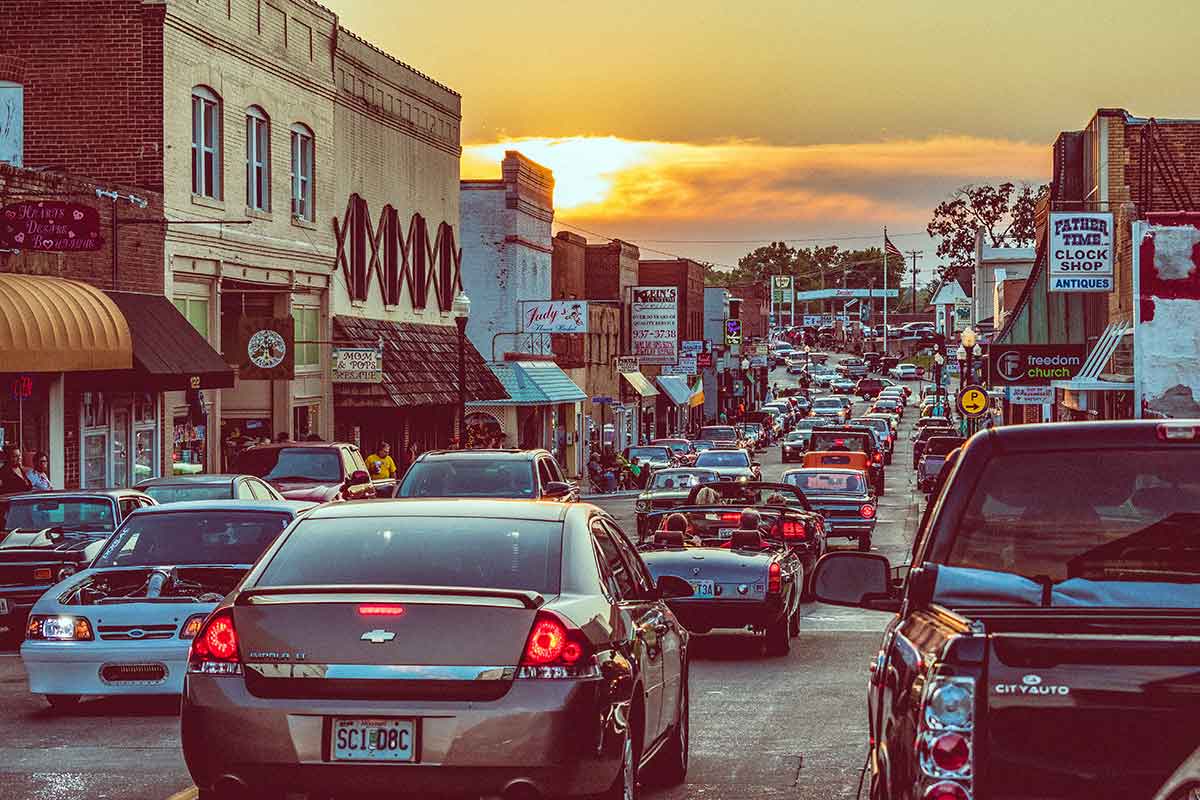This article originally appeared in the March 2021 issue
McKenzie Eston is working toward making Cape Girardeau an inclusive place for all people.
In 2020, McKenzie, Jada Guzman, Raimie Hasenstab, and Shelby Seabaugh founded Midwest Council for Civil Rights (MCCR). They wanted to make sure Cape Girardeau had a place for people of color to be heard and promote change throughout their hometown and beyond. MCCR has held protests, such as the S.T.A.N.D. (stand together against discrimination) Protest at Capaha Park. They also host a podcast to discuss current events and work with The People’s Shelter for their #DoSomethingGood project. The members of MCCR collect donations to fill backpacks for the homeless and have distributed about twenty to date. They also have placed five drop off bins around town and have a donation link on GoFundMe.com for those who would rather donate money, which is used to purchase supplies to fill the backpacks with items such as hygiene products, clothing, and snacks. McKenzie dives deeper into the organization’s mission.
How did MCCR get its start?
The moment that started this organization was after George Floyd’s death. A few friends and I decided to have a protest here in Cape where passion and unity led us to take the street on Broadway. We had a beautiful march with over four hundred people in attendance. After that, we decided there is more to be done. We couldn’t just make noise and expect things to change. We had to push for it, therefore that is what we do everyday.
What is MCCR’s number one goal?
To uplift Black, indigenous, and people of color, not only here in Cape Girardeau but everywhere. We also want to be a resource for the community for what they need, and we give to the best of our abilities. Right now, MCCR is just a community organization, but we are working on becoming a nonprofit so that we can better help our community. We plan to apply by summer.
Why do you think it’s important for southeast Missouri to have an organization like this?
I feel like it is important that the community has us because a lot of times people say, “Well that’s just the way it is,” when in fact it doesn’t have to be that way. If you want change, we can make change. If you want to be heard, we can make sure you are heard. There are so many beautiful voices that are stifled, and we at MCCR want to make sure they are heard loud and clear.
The events that I have gone to and led since starting MCCR have been some of the most eye-opening experiences. I have had the worst said to me and thrown at me, and yet nothing would stop me from doing it again.
Can you give me examples of some of MCCR’s past work?
Another protest we led was at the ICE Detention Center in Ullin, Illinois. A woman’s father got deported by ICE into very dangerous circumstances and is not allowed to re-enter the country for twenty years. When we went to ICE, we gave her a platform to speak and let her speak directly to the people who ripped her father away. We hope she got at least a bit of closure.
What’s next for MCCR?
What’s next for MCCR is becoming a nonprofit so we can further our community outreach. We have high hopes of improving both the city of Cape Girardeau and the state of Missouri, as well as the country. We want to put programs in place, get involved in legislation, the whole nine yards until there are safety nets and systems for all people.
To learn more, follow MCCR at Midwest Council for Civil Rights on Spotify and Facebook.
Related Posts
Revitalizing Missouri Downtowns
Here’s how Missourians are working together to revitalize downtowns across the state.

